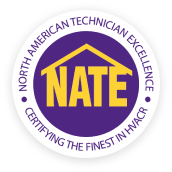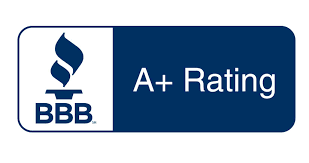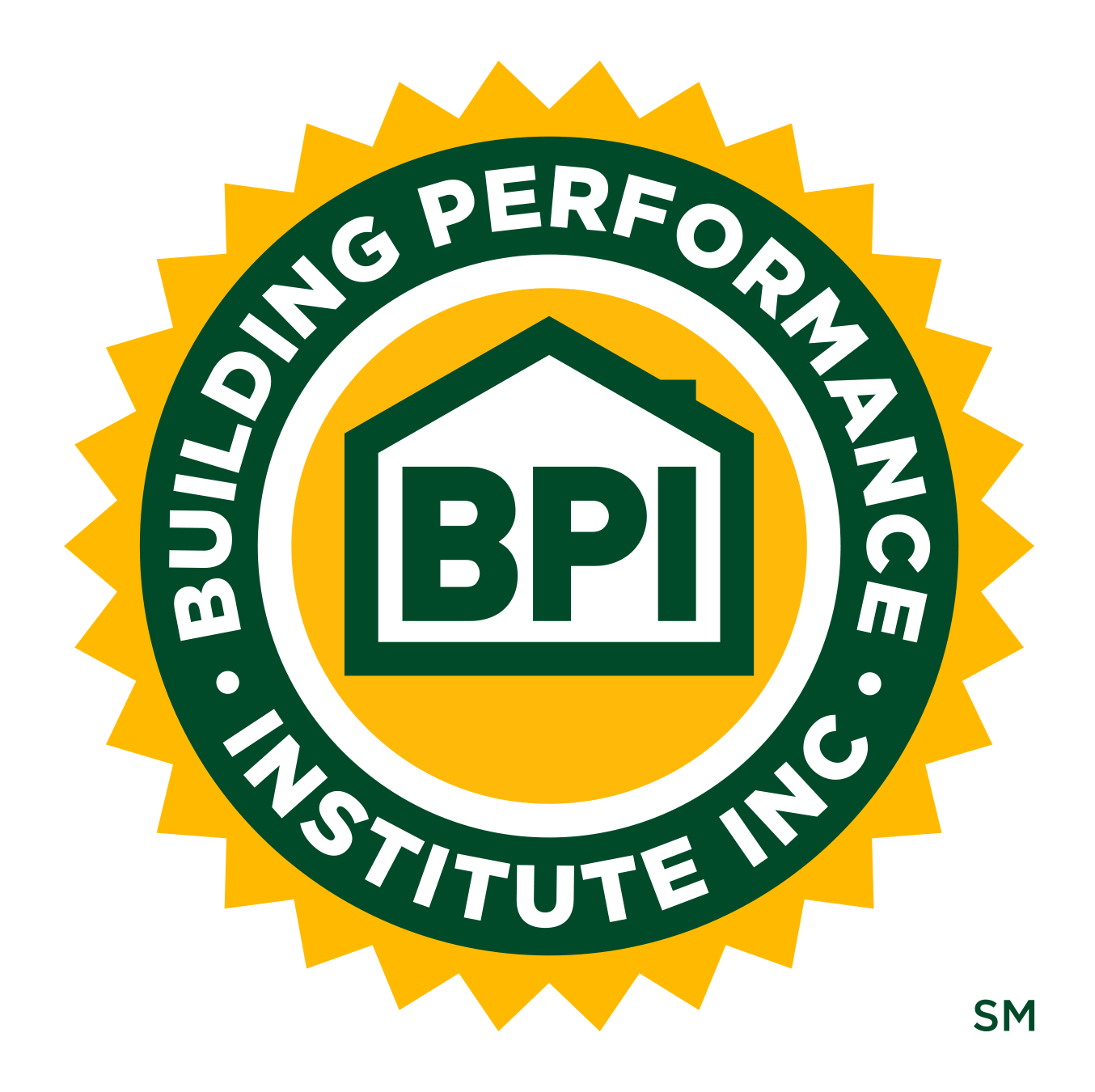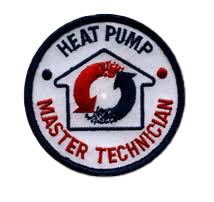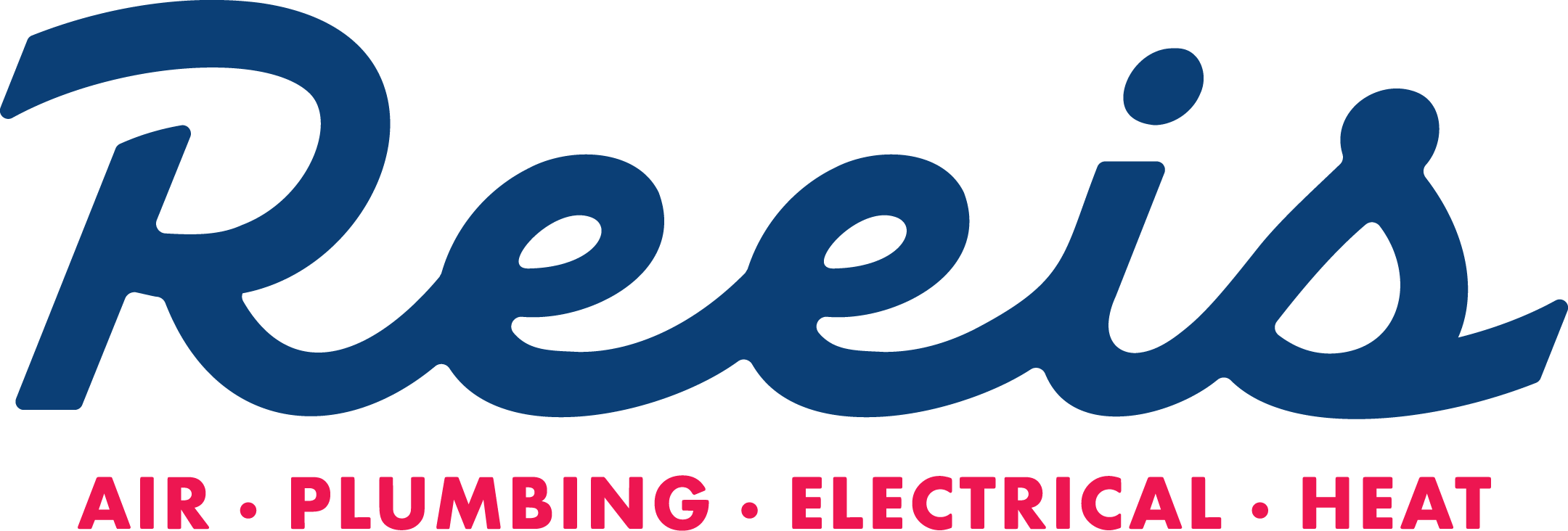Frequently Asked Questions
How to repair HVAC system?
Repairing an HVAC system involves diagnosing the issue, checking components like filters, thermostats, and ductwork, and replacing or fixing faulty parts. For complex problems, it's best to consult a professional technician for safe and effective repairs.
How do I find an honest HVAC company?
Finding an honest HVAC company involves researching local contractors, reading customer reviews, checking for proper licensing and insurance, and seeking recommendations from friends or family. Transparent pricing and clear communication are also key indicators of reliability.
How much to repair HVAC system?
The cost to repair an HVAC system varies based on the issue, with typical repairs ranging from $150 to $1,500. For an accurate estimate, it's best to consult with a professional technician who can assess your specific needs.
How to fix HVAC?
Fixing HVAC systems involves troubleshooting common issues such as checking the thermostat settings, replacing air filters, and ensuring that the circuit breakers are functioning. For complex problems, it's best to consult a professional technician.
How much does it cost to repair HVAC?
The cost to repair HVAC systems can vary widely based on the issue, but typical repairs range from $100 to $1,500. Factors influencing the price include the type of repair needed, parts required, and labor costs.
How much should I pay for a new HVAC?
The cost of a new HVAC system can vary widely, typically ranging from $3,000 to $7,500, depending on factors such as system type, size, and installation complexity. It's best to get a detailed quote from a professional for accurate pricing.
What steps are involved in HVAC repair?
The steps involved in HVAC repair include diagnosing the issue, assessing the necessary repairs, replacing or fixing faulty components, testing the system for proper operation, and ensuring everything is clean and secure before concluding the service.
How to choose a reliable HVAC technician?
Choosing a reliable HVAC technician involves verifying their credentials, checking customer reviews, and ensuring they offer transparent pricing and warranties. Additionally, look for technicians who are licensed and insured for your peace of mind.
What are common HVAC system issues?
Common HVAC system issues include inadequate cooling or heating, unusual noises, frequent cycling, poor airflow, and thermostat malfunctions. Regular maintenance can help prevent these problems and ensure optimal performance.
How long do HVAC repairs typically take?
The duration of HVAC repairs typically varies based on the complexity of the issue. Most repairs can be completed within a few hours, while more extensive problems may take a full day or longer to resolve.
What tools do HVAC technicians use?
HVAC technicians use a variety of tools essential for their work, including multimeters for electrical testing, refrigerant gauges for system diagnostics, wrenches and screwdrivers for repairs, and vacuum pumps for system maintenance.
How often should HVAC systems be serviced?
HVAC systems should be serviced at least once a year to ensure optimal performance and efficiency. Regular maintenance helps prevent breakdowns and extends the lifespan of your system.
What maintenance does an HVAC system require?
The maintenance an HVAC system requires includes regular filter changes, annual professional inspections, cleaning of coils, checking refrigerant levels, and ensuring proper airflow. These steps help optimize efficiency and extend the lifespan of the system.
How to assess HVAC repair costs?
Assessing HVAC repair costs involves evaluating the extent of the damage, obtaining multiple quotes from licensed contractors, and considering factors like parts, labor, and warranty options to ensure a fair estimate.
What qualifications should HVAC technicians have?
The qualifications HVAC technicians should have include a high school diploma or equivalent, completion of an accredited HVAC training program, and relevant certifications such as EPA 608 for refrigerants. Practical experience through apprenticeships is also essential.
How can I find local HVAC companies?
Finding local HVAC companies can be done through online searches, local directories, or by asking for recommendations from friends and family. Additionally, checking customer reviews and ratings can help you choose a reliable service provider.
What should I ask before hiring an HVAC contractor?
Before hiring an HVAC contractor, you should ask about their licensing, insurance, experience, service warranties, and references. Additionally, inquire about their pricing structure and response times to ensure they meet your needs effectively.
How to troubleshoot HVAC system problems?
Troubleshooting HVAC system problems involves checking the thermostat settings, ensuring the system is powered on, inspecting air filters for clogs, and examining ductwork for leaks. If issues persist, contact a professional for assistance.
What are signs my HVAC needs repair?
Signs that your HVAC needs repair include unusual noises, inconsistent temperatures, poor airflow, increased energy bills, and frequent cycling on and off. Addressing these issues promptly can help maintain your system's efficiency and comfort in your home.
How does seasonal maintenance affect HVAC performance?
Seasonal maintenance significantly enhances HVAC performance by ensuring systems operate efficiently, reducing energy consumption, and preventing breakdowns. Regular check-ups optimize airflow and prolong the lifespan of equipment, ultimately leading to improved comfort and lower utility bills.
What warranties are offered on HVAC repairs?
The warranties offered on HVAC repairs include a satisfaction guarantee and manufacturer warranties on parts. These ensure that our repairs are reliable and that you receive quality service, providing peace of mind for your HVAC needs.
How to identify HVAC system efficiency?
Identifying HVAC system efficiency involves checking the system's SEER (Seasonal Energy Efficiency Ratio) for cooling and AFUE (Annual Fuel Utilization Efficiency) for heating. Higher ratings indicate better efficiency, leading to lower energy costs and improved performance.
What are the benefits of HVAC maintenance plans?
The benefits of HVAC maintenance plans include improved system efficiency, extended equipment lifespan, reduced repair costs, and enhanced indoor air quality, ensuring your home remains comfortable year-round while minimizing unexpected breakdowns.
How should I prepare for HVAC service calls?
Preparing for HVAC service calls involves ensuring clear access to your HVAC system, gathering any relevant information about previous issues, and listing specific concerns or questions you may have for the technician.
What is included in HVAC repair estimates?
HVAC repair estimates include a detailed breakdown of labor costs, parts needed for the repair, and any additional fees for services. This transparency helps you understand the total cost and make informed decisions about your HVAC needs.
How can energy efficiency improve HVAC costs?
Energy efficiency can significantly reduce HVAC costs by lowering energy consumption, leading to decreased utility bills. Efficient systems require less frequent maintenance and have longer lifespans, ultimately saving homeowners money over time.
What are signs of a reliable HVAC company?
The signs of a reliable HVAC company include proper licensing and insurance, positive customer reviews, transparent pricing, prompt response times, and a commitment to quality service and maintenance.
How to compare HVAC service quotations?
To compare HVAC service quotations, evaluate each quote based on price, scope of services, warranty offered, and the contractor’s reputation. Ensure that all quotes include the same services for an accurate comparison.
What to do if HVAC system fails?
If your HVAC system fails, first check the thermostat settings and ensure the unit is powered on. If the issue persists, contact a professional HVAC technician for diagnosis and repair to restore your home’s comfort.
How to evaluate HVAC installation quality?
Evaluating HVAC installation quality involves checking for proper sizing, ensuring all connections are secure, assessing airflow efficiency, and verifying that the system meets local codes and manufacturer specifications. Regular maintenance and performance checks also contribute to overall quality.
